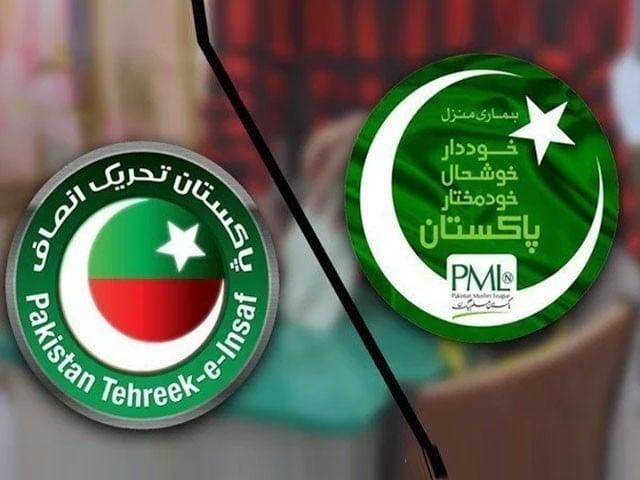The most anticipated negotiations between the coalition led by the Pakistan Muslim League (PML-N) and the opposition Pakistan Tehreek-E-Insaf (PTI) collapsed abruptly, leaving many questioning why a rare moment of commitment ended before producing any tangible tangible. results. Ironically, the failure of these conversations has once again underlined the deep political distrust between the key actors and the powerful interested parties, which continues to define the volatile political panorama of the country, together with the economic and judicial problems. The negotiations between the Government and the opposition began on December 23, 2024, in an effort to find friendly solutions to the political and economic challenges of the country, and resolve long data disputes between the two parties. However, the process hit a hitch after only three sessions. The PTI had presented its letter of demands to the government in the third round, which demanded, among other things, the formation of separated judicial commissions in the incidents of May 9, 2023 and November 26, 2024. In addition, PTI Charter also also looked for him "support" of federal and provincial governments on bail, suspensions of sentences and absolute "political prisoners" identified by the PTI. He said that these demands were presented as a "Previous requirement for broader negotiations" On other issues. PTI’s abrupt departure now that five -week conversations have ended, political analysts believe that PTI’s decision to move away from the negotiating table was premature and harmful to their own interests. Ahmed Bilal Mehboob, president of the Institute of Legislative Development and Transparency of Pakistan (Pildat), argued that PTI should have exercised more patience.
"The abrupt dissociation of PTI of the conversations was not a very wise movement. They should have remained committed to take a little more time to the government to respond or at least they should have attended the fourth round," MEHBOOB said. "They should have negotiated with the government and have asked them to explain why PTI’s demands could not be met."
Mehboob said that PTI’s lack of experience in political negotiations may have played a role in his hurried retirement. Unlike the traditional parties accustomed to the ups and downs of negotiations, PTI has fought to reconcile democratic norms of commitment to their own rigid political culture.
"Negotiations are never a mechanical or linear process; They go from one place to another before reaching a deal. PTI has not been a negotiation party and probably lacks the experience and patience necessary for political negotiations," Mehboob added. "Although giving and taking or commitment is an integral part of democracy," He maintained, "PTI has marked them as negative features."
The insecurity of the government and the distrust of PTI, while PTI’s decision to cancel has suddenly been criticized, the government’s approach to the conversations also left much to be desired. According to Mehboob, the ruling alliance may have captivated PTI’s potential rehabilitation in the main policy.
"I also feel that the government felt insecure that PTI reached an agreement and became acceptable to the establishment, and also lacked the desire to reach an agreement," Pointed out. This skepticism was reflected by PTI, which saw the government’s reluctance to meet its demands as a lack of sincerity. Professor Tahir Naeem Malik from Numl University believes that PTI felt that the government was deliberately stagnating the process.
"PTI felt that the government was not serious since its demands were not difficult to meet," Professor Malik explained. However, the government, he added, was equally frustrated with the urgency of PTI. "On the contrary, the government felt that PTI showed unusual urgency in conversations for no reason."
Lack of negotiation culture The failure of conversations highlights a broader problem: Pakistan’s political culture remains largely devoid of sustained negotiation mechanisms. While democratic systems thrive in dialogue and commitment, said Malik, political and powerful players continue to see negotiations as a sign of weakness instead of a necessary government tool. The withdrawal of PTI and the doubt of the Government also reflect the lack of will on both sides to participate in the prolonged, difficult and often frustrating process of significant negotiation. As Mehboob pointed out, genuine political dialogue requires patience, experience and the ability to make concessions, qualities that none of the parties seemed fully prepared to embrace. What follows? With the sudden collapse of conversations, it is likely that the political point persists and increases economic and governance challenges. If a significant commitment will be carried out in the future, both PTI and the ruling coalition must get rid of their winning approach. Until then, the breakdown of the negotiations will continue to be another chapter in the long history of Pakistan political impasses.




